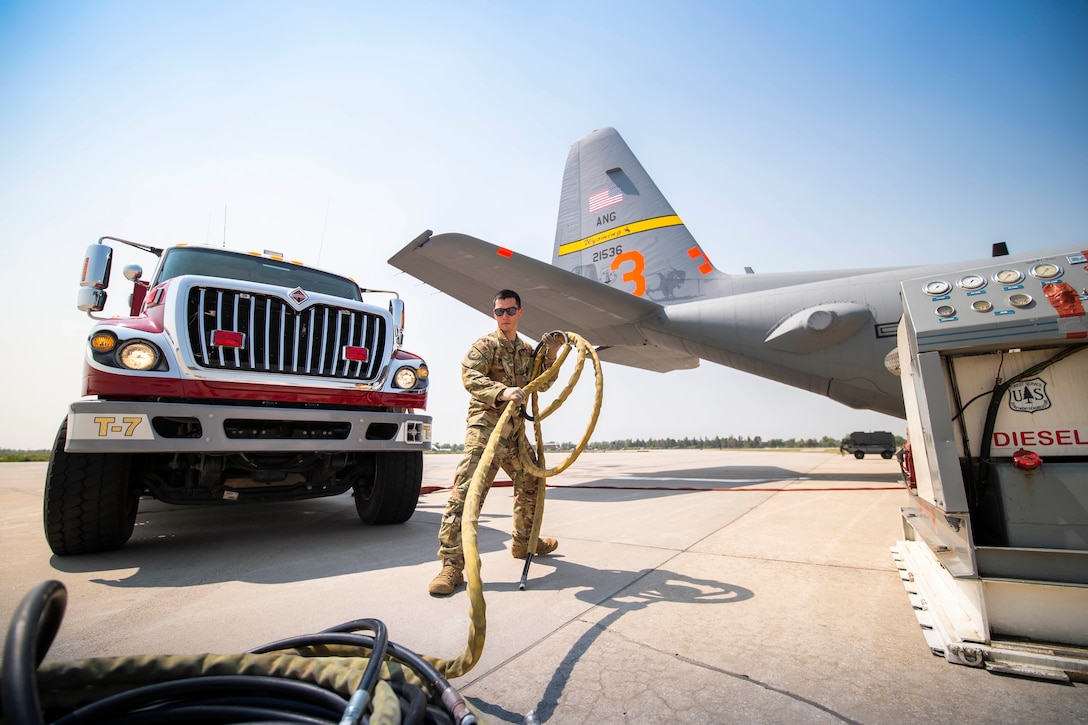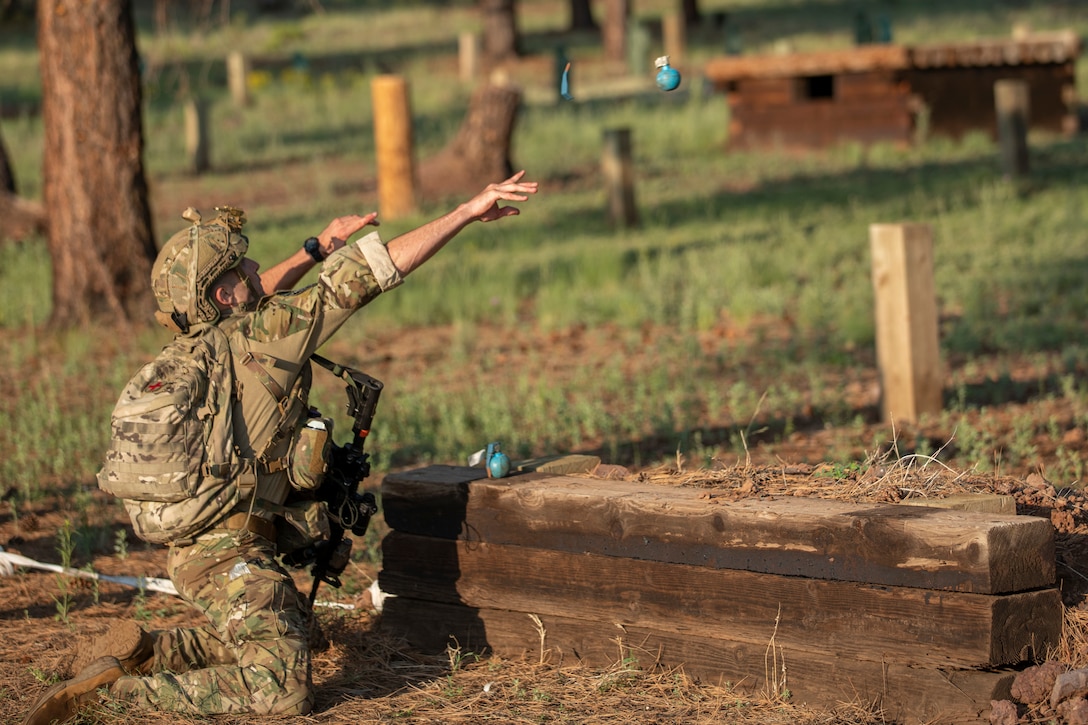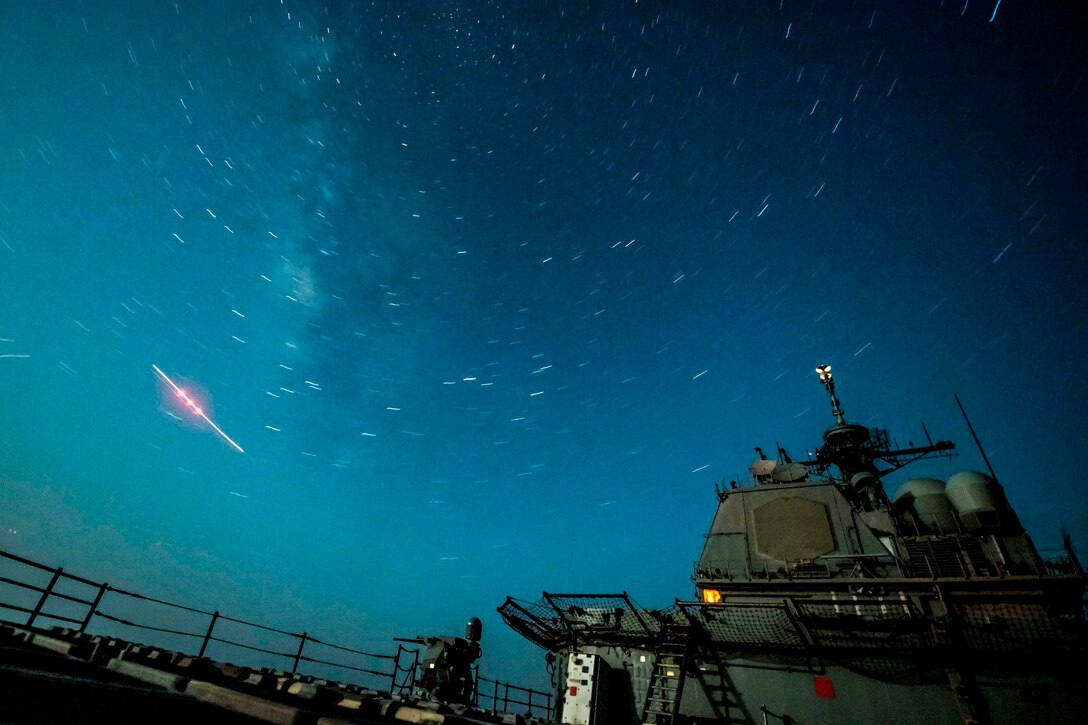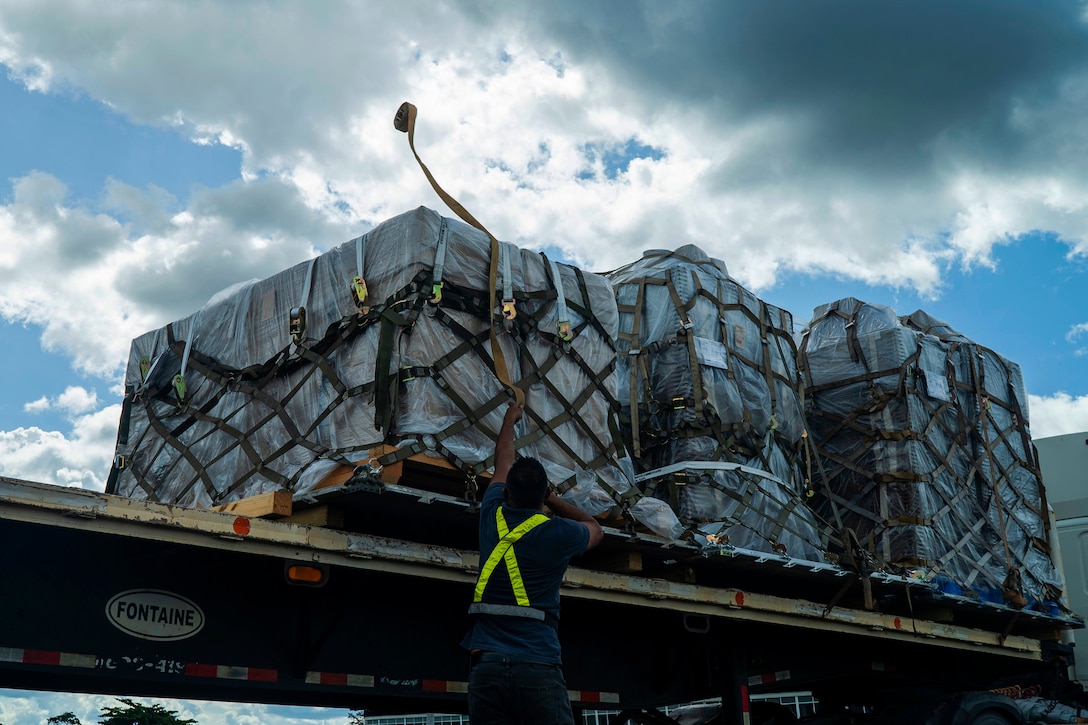July 23, 2021
The Department of Defense (DOD) position is that systems produced by Da Jiang Innovations (DJI) pose potential threats to national security. Existing DOD policy and practices associated with the use of these systems by U.S. government entities and forces working with U.S. military services remain unchanged contrary to any written reports not approved for release by the DOD.
A recent report indicated that certain models of DJI systems had been found to be approved for procurement and operations for US government departments and agencies. This report was inaccurate and uncoordinated, and its unauthorized release is currently under review by the department. In 2018, DOD issued a ban on the purchase and use of all commercial off-the-shelf drones, regardless of manufacturer, due to cybersecurity concerns. The following year, Congress passed legislation specifically banning the purchase and use of drones and components manufactured in China. DOD complies with Section 848 of the FY20 National Defense Authorization Act (NDAA) and additional guidance provided by Executive Order 13981.
As outlined in the FY20 NDAA, when DOD has a valid and authorized requirement for the use of Chinese-made small Unmanned Aircraft Systems (UAS) in conducting certain types of analysis or operations, “the Secretary of Defense is exempt from the restriction [of using covered systems] if the operation or procurement is for the purposes of— (1) Counter-UAS surrogate testing and training; or (2) Intelligence, electronic warfare, and information warfare operations, testing, analysis, and training.” DOD unit requests to purchase or use commercial off-the-shelf drones are reviewed on a case-by-case basis, and if found exempt from the law, are subject to several measures to ensure sensitive data is not released.
U.S. Special Operations Command (USSOCOM) has purchased commercial off-the-shelf drone technology in recent years as consistent with Section 848 of the FY20 NDAA and Executive Order 13981. Accordingly, USSOCOM has accounted for cybersecurity concerns in all purchased systems through a rigorous review process, strict adherence to the usage guidelines, and other applicable risk mitigation measures. DOD refers any additional questions on this matter to USSOCOM.
Mitigating the threats posed by small UAS, including DJI systems, remains a priority across the Department, and DOD continues to ensure existing policy remains current and appropriately implemented.














